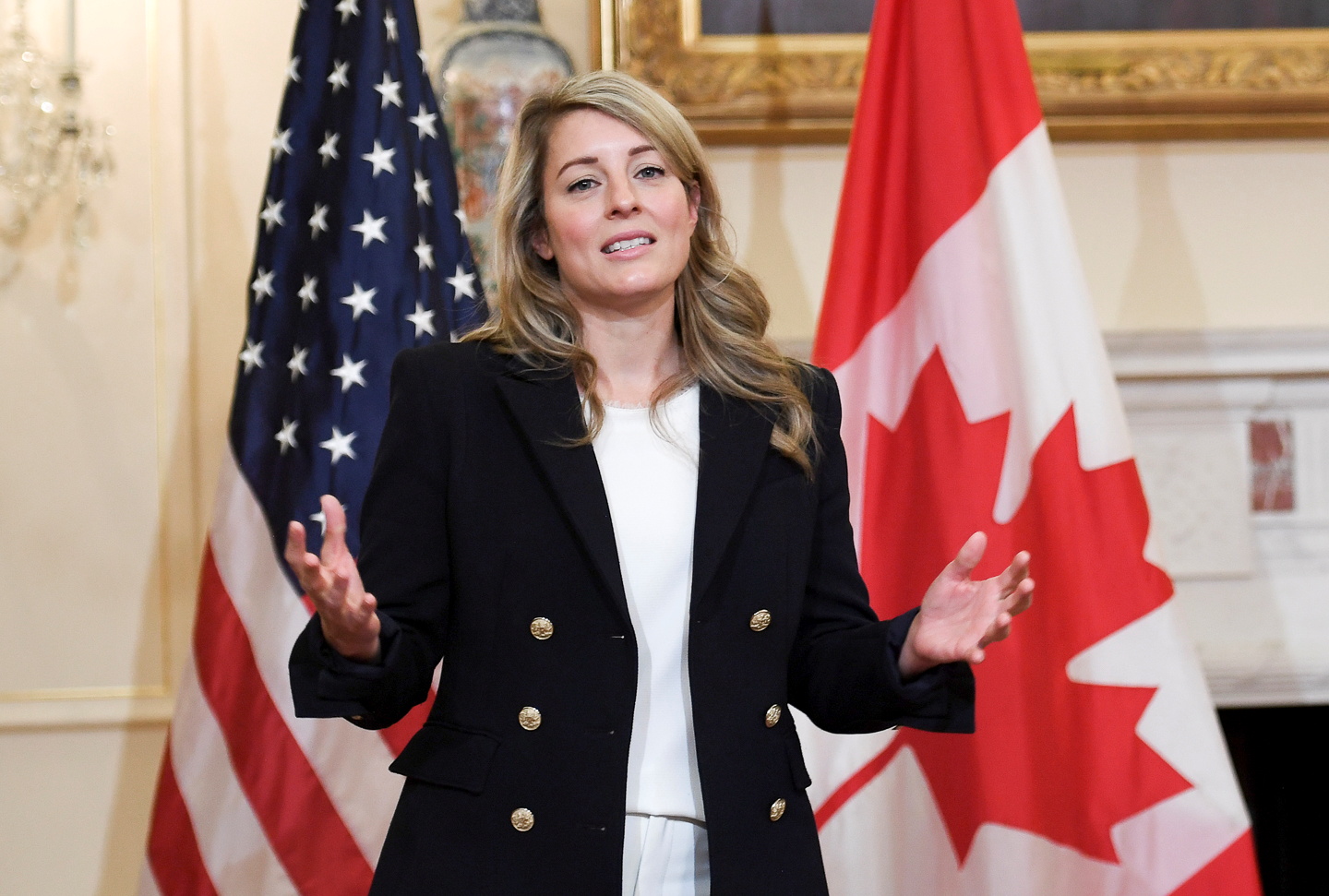Several Western countries, including the United States (US), Australia and Canada, have announced their decision to move their diplomatic missions from Kyiv to Lviv in Western Ukraine amid rising concern about their citizens’ safety caused by the looming threat of Russian invasion. Meanwhile, many other countries like the United Kingdom (UK) have begun to decrease their diplomatic presence in the country.
Lviv is a city in Western Ukraine and is located close to the country’s border with Poland. As compared to Kyiv, Lviv is farther away from the Russian border.
Concerned about the impact of a prospective Russian invasion on its diplomatic mission and staff in Kyiv, German Minister for Foreign Affairs Annalena Baerbock said that while the German embassy in Kyiv would remain open, its diplomatic staff would be reduced. She asserted that the German Consulate General in Donetsk, which is based out of Dnipro, will be temporarily shifted to Lviv.
Similarly, the European Union (EU) declared seven staff members, including Ambassador Matti Maasikas, would continue to remain at its embassy in Kyiv, deeming them to be “essential.”
The UK, too, has reduced its staff size in Kyiv to perform only essential functions. However, Parliamentary Under-Secretary of State for the Armed Forces James Heappey urged citizens to leave the country by commercial flights while they were available. “British nationals should leave Ukraine immediately by any means possible and they should not expect, as they saw in the summer with Afghanistan, that there would be any possibility of a military evacuation,” he warned.
Following its Western allies, the Netherlands said that while “most embassy personnel will also be leaving Ukraine, a skeleton staff will remain on hand… to issue emergency visas and laissez-passers from its ‘meeting point’ in Lviv.”
While the Netherlands, the UK, and Germany have sought to diminish their diplomatic presence in Kyiv, the US, Australia, and Canada have announced their decision to completely halt their diplomatic operations in the city. Canadian Minister of Foreign Affairs Mélanie Joly said, “We will be moving our operations to a temporary office in Lviv and temporarily suspending operations at our embassy in Kyiv.”

Similarly, on Monday, the US Secretary of State Antony Blinken ordered the closure of the American embassy in Kyiv and urged citizens to shift to Lviv. “I have ordered these measures for one reason — the safety of our staff — and we strongly urge any remaining US citizens in Ukraine to leave the country immediately,” he said. Meanwhile, the US State Department declared on Sunday that it would “maintain a small consular presence in Lviv, Ukraine, to handle emergencies.” The statement came just a day after the US called for “the departure of most US direct-hire employees from Embassy Kyiv.”
Likewise, according to Australian Minister of Foreign Affairs Marise Payne: “Given the deteriorating security situation caused by the build-up of Russian troops on Ukraine’s border, the government has directed the departure of staff at the Australian Embassy in Kyiv and temporarily suspended operations,” and that the operations will be moved to a temporary office in Lviv. She also urged Australian citizens in Ukraine to leave “immediately by commercial means.”
Soon after, Scott Morrison highlighted that the crisis in Ukraine was “reaching a very dangerous stage” and that “the autocratic unilateral actions of Russia to be threatening and bullying Ukraine is something that is completely and utterly unacceptable.” Morrison further criticised China for remaining “chillingly silent” on Russian aggression towards Ukraine. “The coalition of autocracies that we are seeing, seeking to bully other countries, is not something that Australia ever takes a light position on,” he added.
On Monday, China declared that while its diplomatic mission Kyiv will remain operational, Chinese citizens in Ukraine were urged to “pay close attention to changes in the situation in Ukraine and increase awareness to stay safe.” This decision follows last month’s joint statement by China and Russia, wherein they had said that the two countries “oppose further enlargement of North Atlantic Treaty Organization (NATO).”
Meanwhile, on Tuesday, the Indian embassy at Kyiv released an advisory urging Indians, “particularly students whose stay is not essential,” to temporarily depart from Ukraine. The release said that Indians were asked to avoid “all non-essential travel to and within Ukraine.” Though the embassy in Kyiv would continue to function normally, Indians in Ukraine were asked to inform them about the “status of their presence in Ukraine.”
The threat of Russia invading Ukraine is the biggest security threat Europe has faced in decades, with Russia deploying over 100,000 troops along its border with Ukraine. The UK, alongside the US, has claimed that Putin could attack Ukraine before the conclusion of the Winter Olympics on February 20. However, Russia has denied these allegations, claiming that the Western powers are using this narrative to deflect attention from their own aggressive actions in Eastern Europe.

